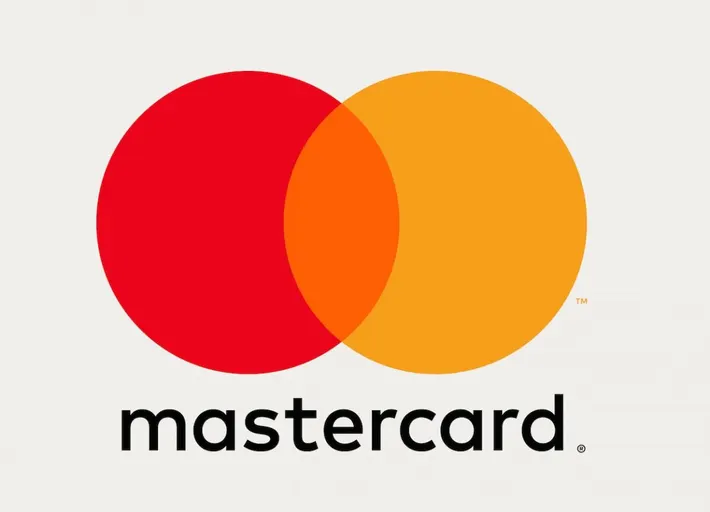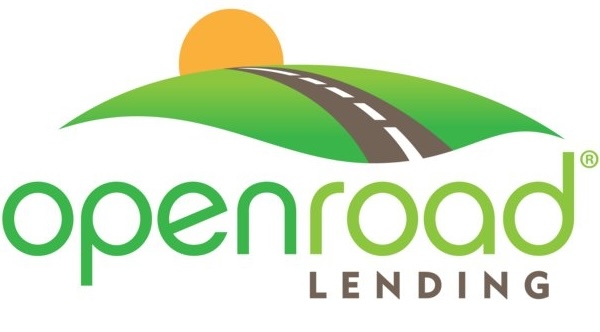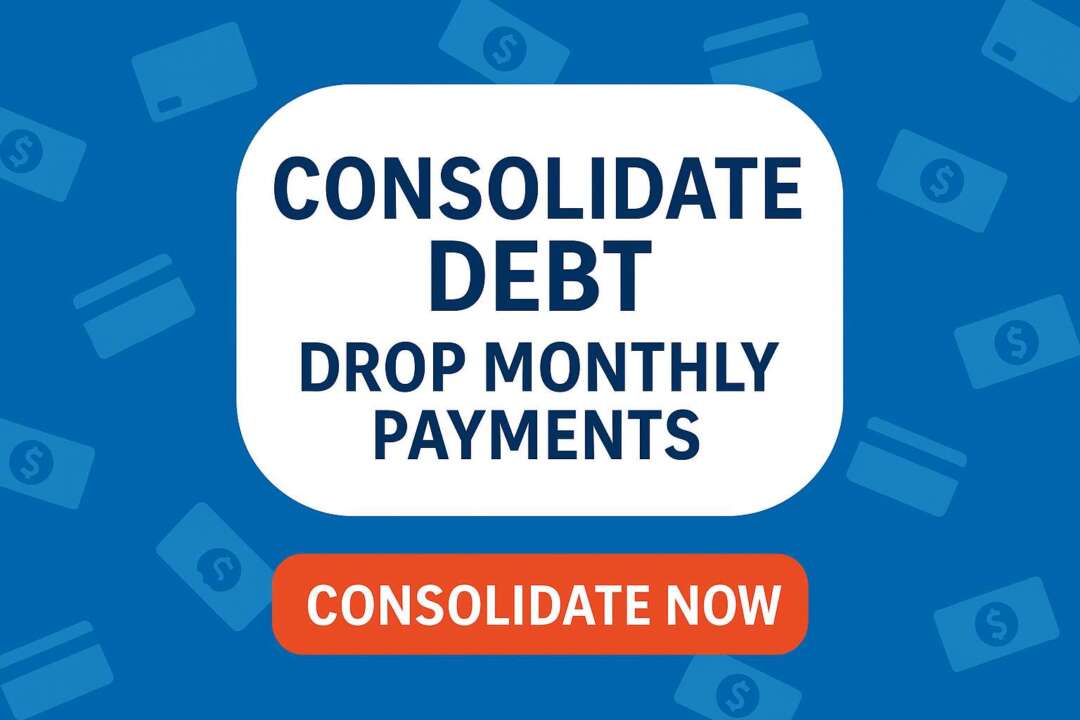Are you considering buying a home or refinancing your current mortgage? Understanding mortgages thoroughly is essential for making sound financial decisions. In this comprehensive guide, we’ll break down everything you need to know about mortgages, optimizing your knowledge for financial success.
What is a Mortgage?
A mortgage is a loan specifically designed for purchasing real estate, typically provided by banks or mortgage lenders. The property you buy serves as collateral, meaning if you fail to make repayments, the lender can reclaim your home.
Types of Mortgages:
- Secured Loans: Mortgages are secured loans, meaning they are backed by collateral (your property). If payments are missed, lenders can repossess the home.
- Unsecured Loans: Unlike mortgages, unsecured loans (like credit cards or student loans) have no collateral, posing greater risks for lenders.
How Does Mortgage Interest Work?
Mortgage interest is the cost you pay to borrow money, and it is often “front-loaded.” This means you pay significantly more interest in the early years of a mortgage than you do later.
Front-loaded Interest Example:
Consider a $357,000 mortgage started in April 2020 at a 3% interest rate for 30 years:
- Initial Payments: In the early years, payments primarily go towards interest. For example, in the first month, approximately $894 of a $1,500 payment would be interest.
- Later Payments: Over time, more of your monthly payment goes toward the principal, reducing your debt faster.
Calculating Mortgage Interest and Principal
Understanding your mortgage statement is straightforward:
- Interest Calculation: (Loan Balance x Interest Rate) ÷ 12 months = Monthly Interest
- Principal Calculation: Monthly Payment – Monthly Interest = Principal Payment
For instance, with a $357,000 loan at 3%, your first month’s payment breakdown might look like this:
- Interest: ($357,000 x 0.03) ÷ 12 = $894
- Principal: $1,500 monthly payment – $894 interest = $606 principal
The Benefits of Extra Mortgage Payments
Making additional payments directly to your principal each month greatly reduces total interest paid and shortens the loan term significantly. For example, adding $400 extra per month:
- Total Interest Savings: Can reduce total interest payments by tens of thousands of dollars.
- Shorter Loan Term: Can shorten a 30-year mortgage by several years, often down to about 20 years.
Understanding Mortgage Expenses (PITI)
Mortgage payments typically include four key components:
- Principal: Money borrowed to purchase the home.
- Interest: Cost of borrowing money.
- Taxes: Property taxes held in escrow and paid annually by the lender.
- Insurance: Homeowner’s insurance also escrowed by the lender.
These are commonly referred to collectively as PITI.
Mortgage Insurance (PMI)
If your down payment is less than 20%, lenders usually require Private Mortgage Insurance (PMI), adding to monthly costs. Once home equity reaches 20%, you can often remove PMI.
Determining How Much Mortgage You Can Afford
Common guidelines to determine mortgage affordability include:
- 28% Rule: Ideally, your mortgage payment shouldn’t exceed 28% of your gross monthly income.
- 36% Rule: Total debt payments, including your mortgage, shouldn’t exceed 36% of your gross monthly income.
However, personal affordability should also reflect your overall lifestyle goals and financial flexibility.
Avoiding Being House Poor
Being “house poor” means your mortgage consumes too much of your income, restricting your financial flexibility and overall happiness. Consider:
- Lifestyle and happiness: Balance home ownership with lifestyle choices and other financial goals.
- Neighborhood factors: Avoid buying more house than necessary simply because of neighborhood comparisons, as this can negatively impact satisfaction.
Happiness and Home Ownership
Studies have shown that financial satisfaction is often relative:
- Clark & Oswald (1996): People’s happiness often relates more to their position relative to peers than their absolute income.
- Easterlin Paradox: People may feel financially inadequate if neighbors appear wealthier, regardless of personal financial stability.
- Social Comparison Effects: Living in wealthier neighborhoods, while controlling for income, can decrease overall life satisfaction due to comparative pressures.
Thus, choosing a modest home aligned with your financial reality and happiness goals is often wiser than maxing out your budget.
Final Thoughts
Making informed mortgage decisions can profoundly impact your financial health, homeownership experience, and overall happiness. Understanding mortgage structures, managing your payments wisely, and balancing your housing costs against broader life goals is key.
Stay financially smart, make informed decisions, and choose a mortgage that truly suits your life.
Key Topics:
- Mortgage basics and types
- Interest calculation details
- Advantages of extra payments
- Affordability metrics
- Psychological factors in housing decisions
For more expert financial insights, remember to subscribe and stay updated!
#MortgageAdvice #HomeBuyingTips #FinancialPlanning #MortgageExplained #PersonalFinance #DebtManagement #RealEstateTips #HomeAffordability #FinancialFreedom
————————————————————————————————————–Tyler J Vongsawad CFP®, MSFS, CLU, ChFC, CASL Wealth Management Advisor Founding Partner at Happier Wealth CA Insurance License #0E78493. Securities and advisory services offered through LPL Financial, a registered investment advisor, Member FINRA/SIPC. The information contained in this e-mail message is being transmitted to and is intended for the use of only the individual(s) to whom it is addressed. If the reader of this message is not the intended recipient, you are hereby advised that any dissemination, distribution or copying of this message is strictly prohibited. If you have received this message in error, please immediately delete it. Certified Financial Planner Board of Standards Inc. owns the certification marks CFP®, CERTIFIED FINANCIAL PLANNER™ and federally registered CFP® (with flame design) in the U.S., which it awards to individuals who successfully complete CFP Board’s initial and ongoing certification requirements. The Chartered Advisor for Senior Living (CASL®) designation is conferred by The American College of Financial Services.
























